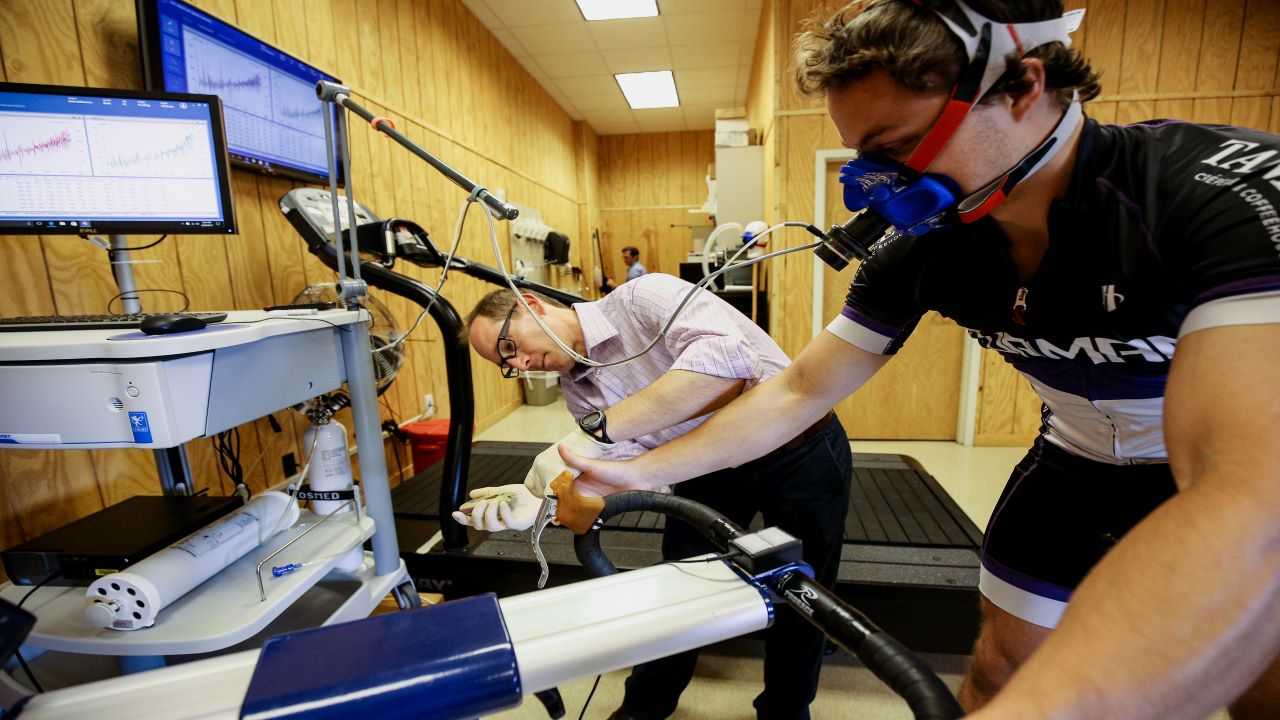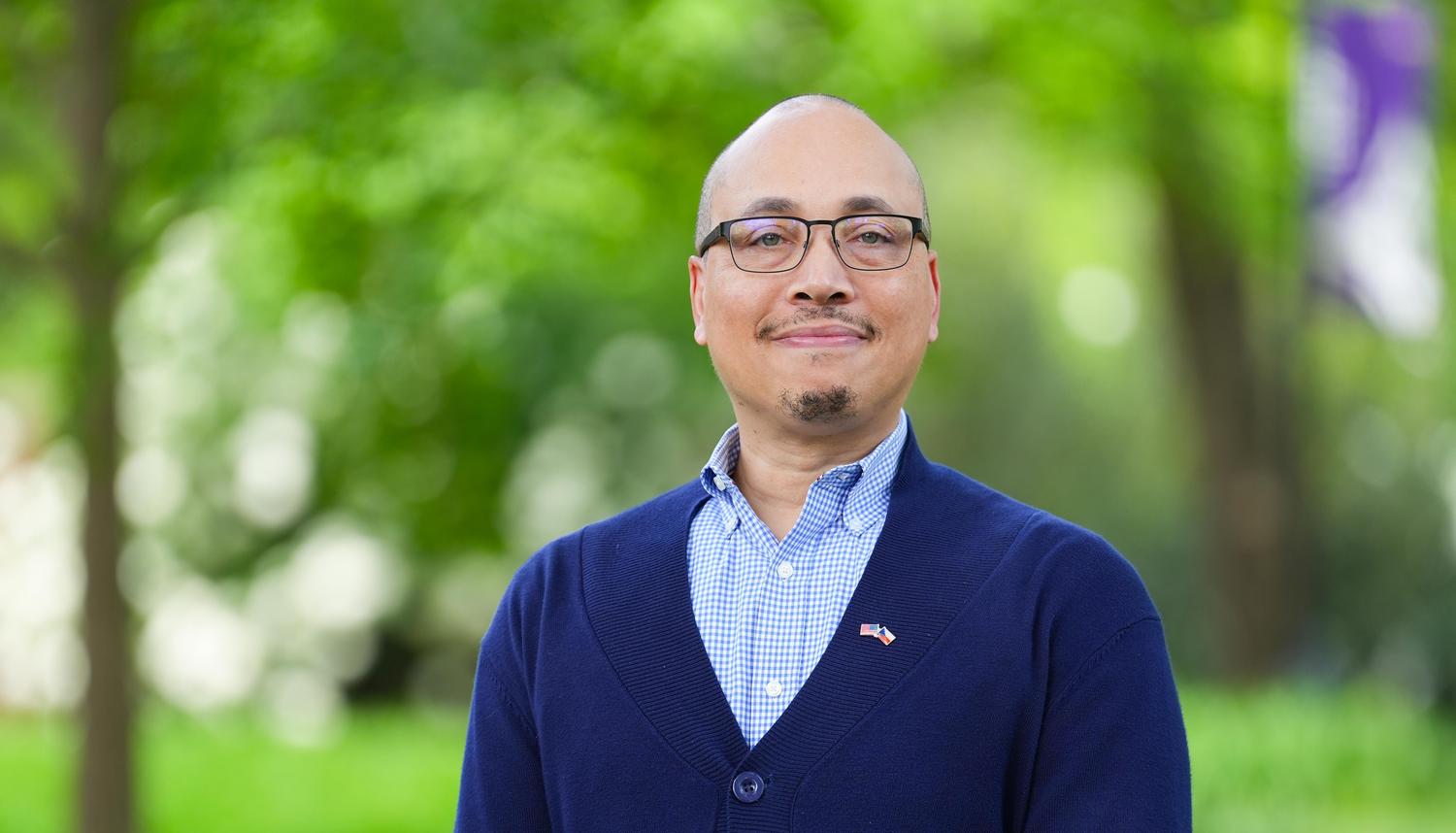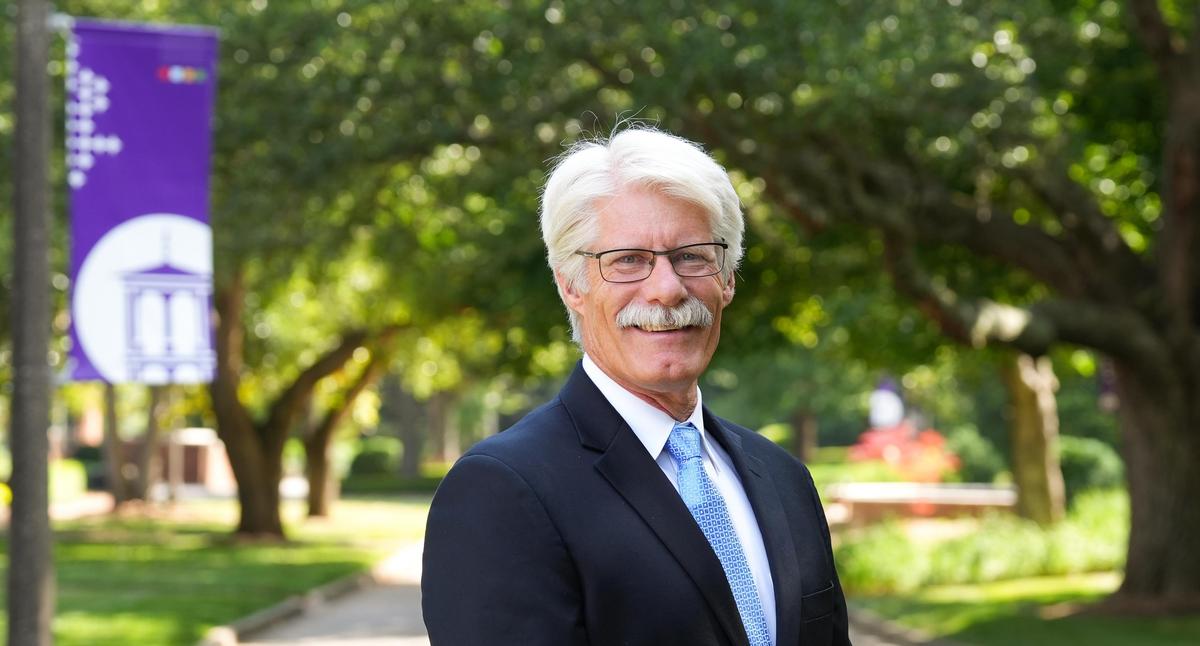Program Overview
Table of Contents
What is a public health degree?
In a world upended by the global pandemic, our collective attention toward public health has never been greater. But public health encompasses far more than infectious diseases that wreak havoc on populations. A degree in public health is a multidisciplinary course of study aimed at promoting and protecting the health of people and the communities in which they live, learn, work and play.
Why study public health at Furman?
As a public health major at Furman, you’ll chart a course that focuses on prevention, seeks to limit health disparities and promotes health care equity, quality and accessibility. You’ll join a small cohort of students in the curriculum, which is grounded in the philosophy of and core competencies of public health. On top of coursework, you’ll engage in co-curricular seminars where you’ll make strides in self-discovery – understanding your strengths and what roles you might play in the field. From participating in group mentoring sessions to community engagement activities and internships, you’ll come away from the public health program with direction, purpose and clarity. Plan a visit to Furman’s beautiful campus or start your application today.
How will you learn?
As you progress through the major with your public health cohort, you’ll take on a capstone experience in the form of an internship or research project with a faculty member. Leading up to the capstone project you’ll identify your values, find out what you really care about, and discover personal and career goals. From there, we’ll help you target local and national organizations to work with or to base your research around. For example, you may want to explore nonprofits or other firms involved in cancer research, advocacy, policy or epidemiology. Your cohort and the faculty who lead it will help you make those next steps. As you move closer graduation, you’ll polish your curriculum vitae, identify jobs and where they are located, or investigate a specialty area at graduate school, a choice made by about 40% of our public health alumni.
Service learning is an integral part of the public health program – another way to intersect with the community and gain insights into areas of interest. Learn more about the abundant options for undergraduate research, internships and study away opportunities available to all majors.
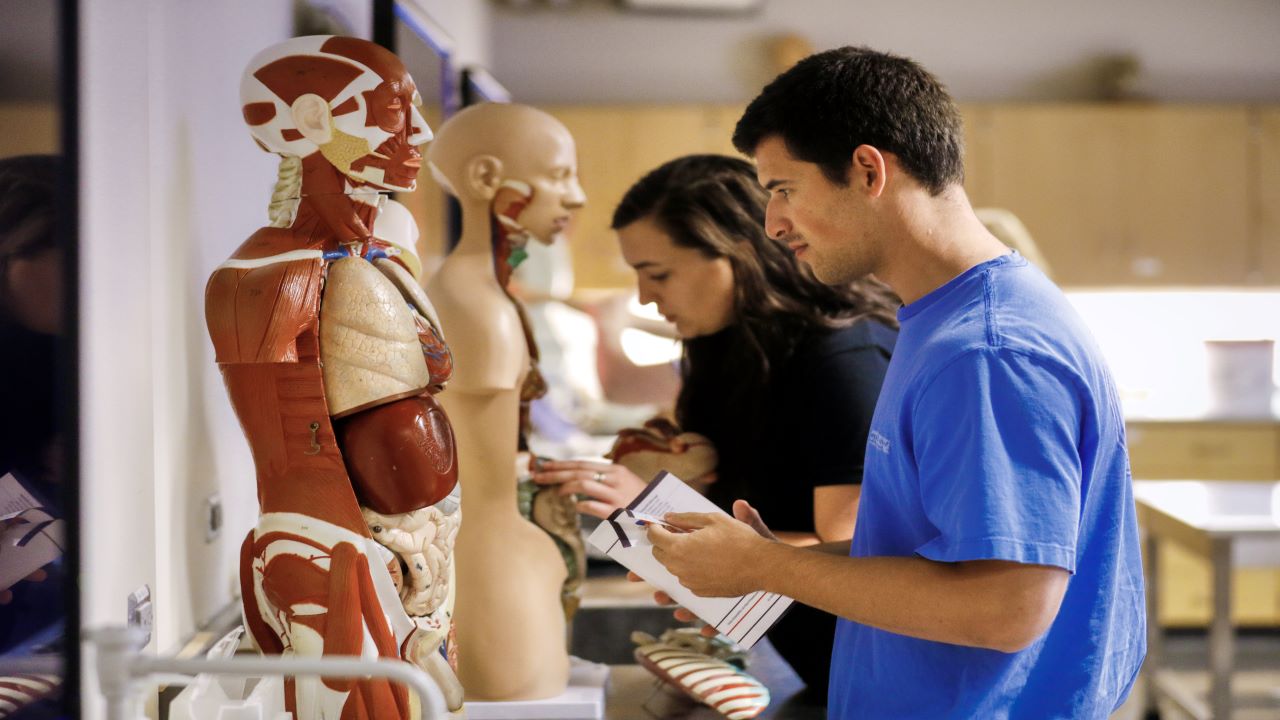
Careers for public health majors
As a public health major, you’ll be primed for the workforce with finely tuned analytical, communication, problem-solving, research, team-building, time management and other skills, which set you up for virtually limitless career options. Better yet, through personal development and career readiness components of the program, you’ll discover your unique vocational strengths. Our alumni have landed positions such as:

- Case manager
- Charitable organization liaison
- Clinical research associate
- Community health and prevention coordinator
- Corporate banking analyst
- COVID-19 case investigator
- Health care worker
- Lawyer
- Maternal and child health and HIV/AIDS educator
- Medical device sales representative
- Nonprofit manager focused on underserved communities
- Pharmaceutical sales account manager
- Physician
- Physician assistant
- Public health advocacy associate
- Service member with AmeriCorps, Peace Corps or National Health Corps
- Social worker
Featured public health courses
A multidisciplinary approach to education paired with essential co-curricular activities give you a leg up in the world of public health.
-
100%public health majors involved in at least one engaged learning experience
-
86%public health majors who participate in at least one internship
-
31%public health majors who are double majors
What our students say
Our faculty
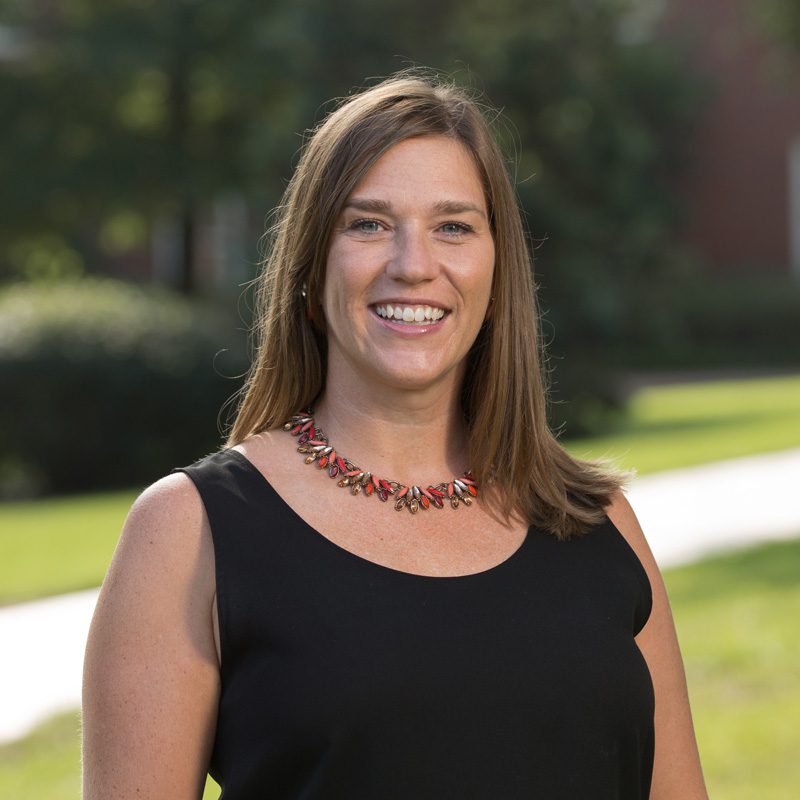
Anna Cass

Shaniece Criss
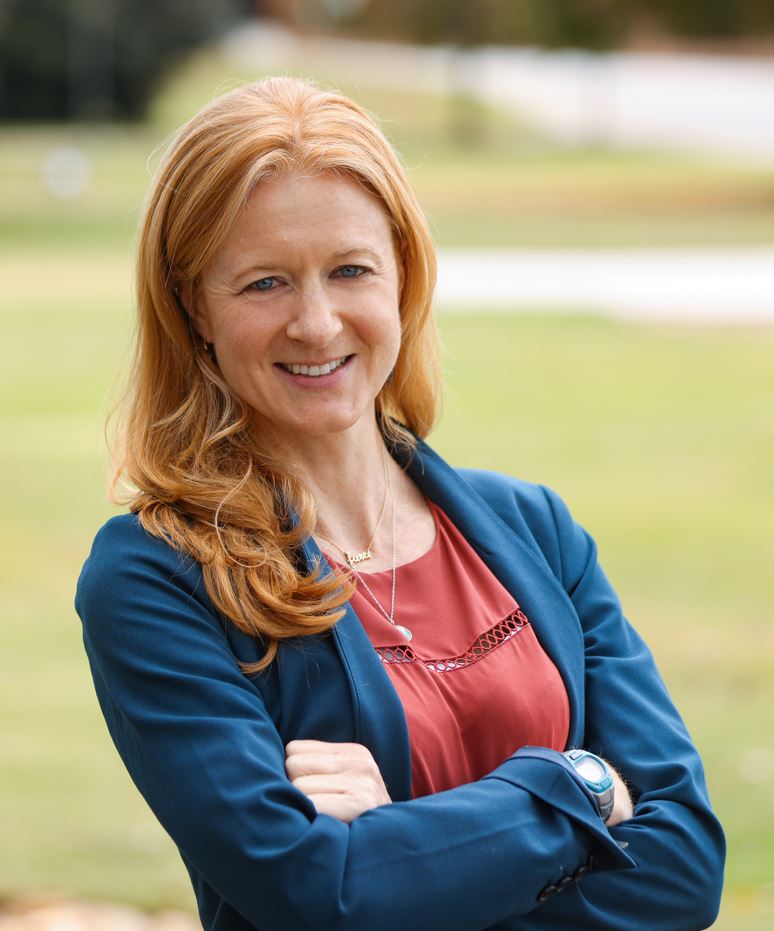
Elizabeth Holt
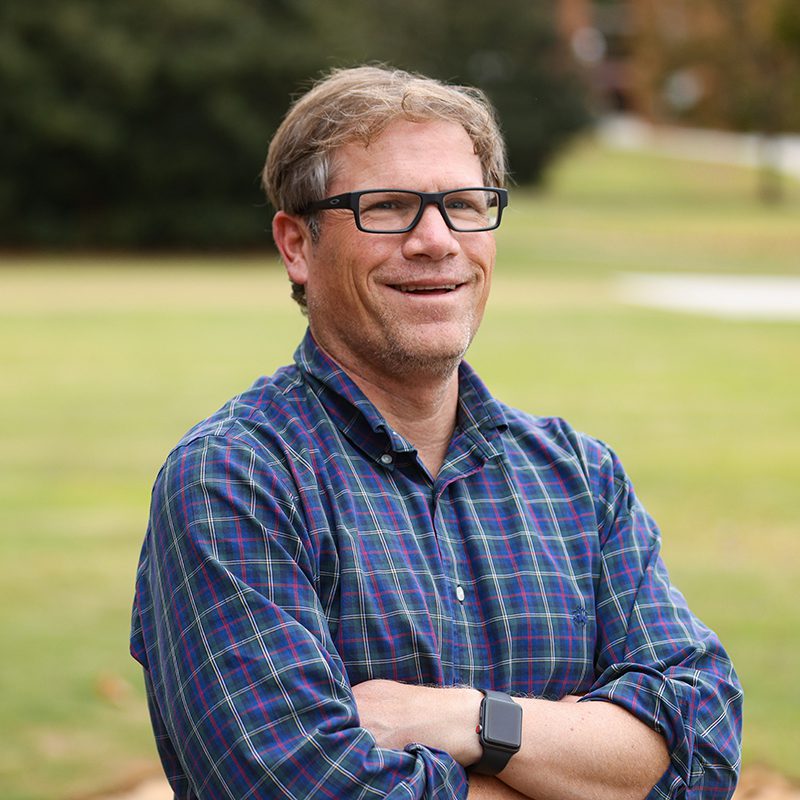
Julian Reed

Meghan Slining
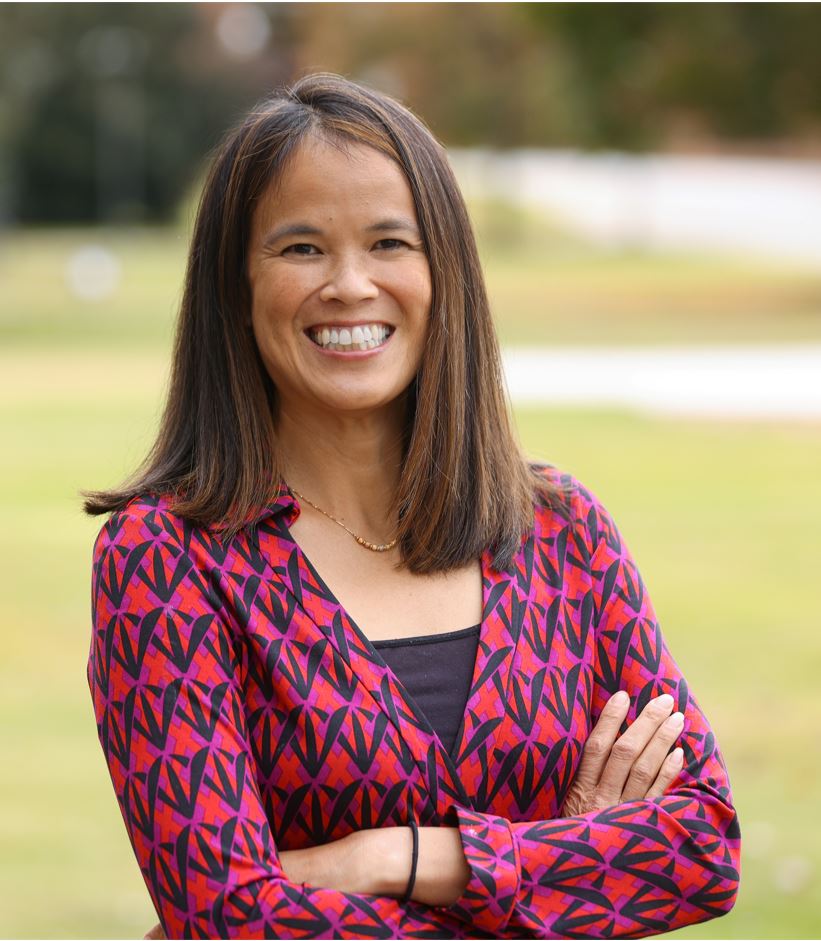
Natalie The

Public Health Major F.A.Q.
A host of transferable skills such as analytical, communication, problem-solving, research, team-building, time management and other skills set you up for virtually unlimited career options. Our graduates have pursued careers from sales to education and from international aid to medicine. They have taken positions such as case manager, charitable organization liaison, clinical research associate, community health and prevention coordinator, corporate banking analyst, COVID-19 case investigator, health care worker, lawyer, maternal and child health and HIV/AIDS educator, medical device sales representative, nonprofit manager focused on underserved communities, pharmaceutical sales account manager, physician, physician assistant, public health advocacy associate, service member with AmeriCorps, Peace Corps or National Health Corps, and social worker.
A hallmark of the Furman experience, summer and semester-long study away opportunities and three-week May Experience (MayX) courses add a whole other dimension to high-impact learning. A joint partnership among health sciences, public health and Furman’s Institute for the Advancement of Community Health has taken students to Portugal where they observe and learn in a hospital setting. Or you might consider study away in Naples, Florida, working with Arthrex, a global sports medicine and medical device company.
According to Payscale.com, a bachelor’s in public health commands an average annual starting salary of $50,000 to $63,000.
The public health bachelor’s at Furman is a four-year program.
